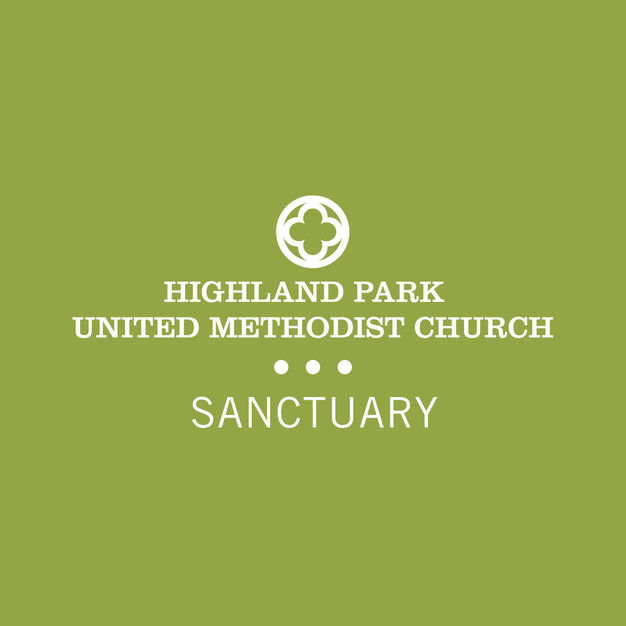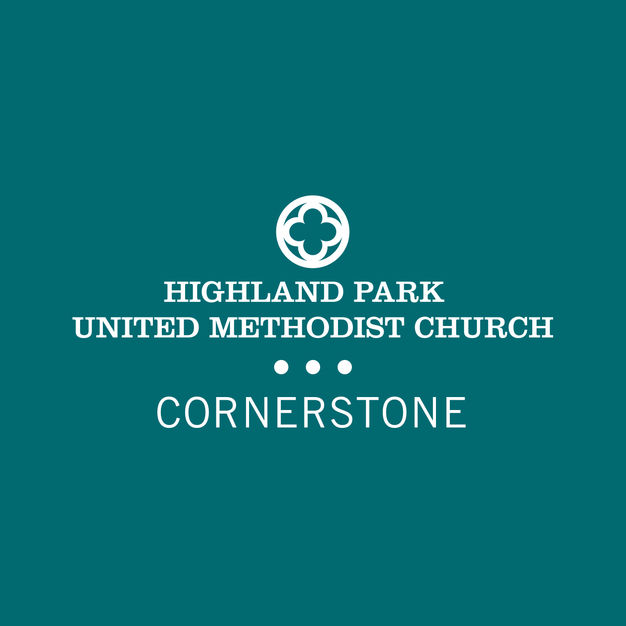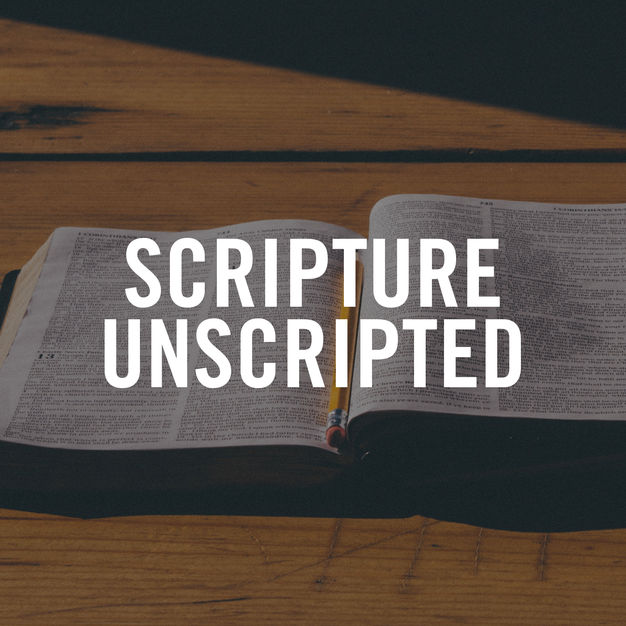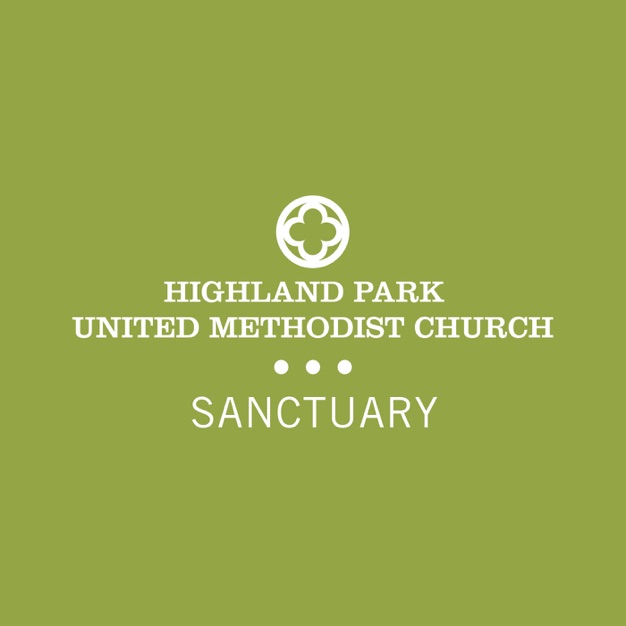
HPUMC - Sanctuary Sermons (Traditional Worship)
Highland Park United Methodist Church - Dallas, Texas
Join us each week for traditional worship and an inspiring message from Senior Minister Rev. Paul Rasmussen and Dr. John Fiedler.
- 25 minutes 36 secondsWhat To Do With a Shattered Dream3 February 2025, 9:08 pm
- 27 minutes 14 secondsThe Ingredients of a Dream
Click/tap here to view the Sermon Reflection Guide.
Dreams unlock our potential. When God plants them in our hearts, He equips each of us with a unique set of skills and gifts to pursue them. But turning those God-given dreams into reality is difficult. It’s one thing to believe that dreams are from God and carry power; it’s another to stay committed to them through setbacks.
If God gives us dreams, why are they so hard to achieve? What steps can we take to see them through? This week, we will explore what it really takes to bring a dream to life and how we can embrace the challenges along the way.
28 January 2025, 1:45 pm - 30 minutes 56 secondsDream Big
Click/tap here to view the Sermon Reflection Guide.
Do you ever dream? Not just in sleep, but during the day—thinking about the big, perhaps impossible things you would love to see happen in your life. Some of us have stopped dreaming altogether, deciding that dreams are nothing more than sentimental distractions. Or maybe we've tucked our dreams away on a high shelf, letting them gather dust.
Dreams matter to God. Too often, we let the limitations of our circumstances or the expectations of our world shrink our dreams. But when we open ourselves up to God’s vision, we see that His plans for us are far greater than anything we could imagine on our own. In this sermon, we will discover God’s invitation to dream boldly, even when the path ahead seems uncertain. If you have suppressed your dreams or given up on them, you won’t want to miss this.
21 January 2025, 8:18 pm - 32 minutes 15 secondsFlies, Not Bees
Click/tap here to view the Sermon Reflection Guide
Do you have eyes to see and ears to hear? Jesus frequently asked this question of the crowds that gathered to listen to him—not because he doubted whether they were paying attention but because he wanted to know if their hearts were open to receive his message.
Many who had the chance to meet Jesus in person and ask him questions either dismissed him or saw him as a threat. They wrote off the Son of God, even though he was right in their midst. In his parable about a Pharisee whose confidence blinded him and a tax collector whose humble heart allowed him to truly see, Jesus shows us that those who are most at risk of missing God are the ones who think they have Him all figured out.
We all have assumptions about who God is and how He works, but what happens when these assumptions limit how we encounter God? In this sermon, we’ll reflect on spiritual blind spots and consider how embracing childlike humility can open us to the surprising ways God works in our lives.
13 January 2025, 3:34 pm - 22 minutes 53 secondsThis Year, a Butterfly
Click/tap here to view the Sermon Reflection Guide
The start of a new year is all about vision-casting for the future in our culture. We set goals, we make resolutions, and we dream about who we might be when this year comes to its end. Yet no matter how much we plan, there is always uncertainty about what awaits us in the year ahead, and navigating that can be difficult. What do we do when life doesn’t go as planned? Where is God when we are wading through challenges and facing disappointment?
In Lamentations 3:22-24, we see the words of the prophet Jeremiah ringing out from a Jerusalem in ruins. Somehow, when there was every reason to despair, he still clung to hope. In this sermon, we will explore how, like Jeremiah, we can trust that God is at work in every moment—the good, bad, and mundane—transforming us into something new and giving us hope.
7 January 2025, 2:24 am - 23 minutes 40 secondsSo, Now What?6 January 2025, 3:28 pm
- 28 minutes 39 secondsDelayed but on Board2 January 2025, 7:24 pm
- 23 minutes 59 secondsWhy the Christmas Story Is More Than a Season2 January 2025, 5:57 pm
- 20 minutes 56 secondsHope Is Born2 January 2025, 5:56 pm
- 24 minutes 19 secondsWho Needs Christmas?2 January 2025, 5:53 pm
- 46 minutes 19 secondsLessons and Carols 202423 December 2024, 4:47 pm
- More Episodes? Get the App
Your feedback is valuable to us. Should you encounter any bugs, glitches, lack of functionality or other problems, please email us on [email protected] or join Moon.FM Telegram Group where you can talk directly to the dev team who are happy to answer any queries.
 HPUMC - Cornerstone Sermons (Contemporary Worship)
HPUMC - Cornerstone Sermons (Contemporary Worship)
 Scripture Unscripted
Scripture Unscripted
 Sanctuary Video Podcast
Sanctuary Video Podcast
 HPUMC - Cornerstone Sermons (Contemporary Worship)
HPUMC - Cornerstone Sermons (Contemporary Worship)
 Munger Place Church - Dallas, Texas
Munger Place Church - Dallas, Texas